It was the third technical conference on thermoplastic elastomers organised for customers by SIBUR. Last year, it took place in Voronezh, which is home for the largest Russian manufacturer of these materials. This year, the conference was hosted by Moscow. The event was attended by representatives of 45 companies, including manufacturers of roof coatings, road construction materials, waterproofing materials, adhesives and sealants, and producers of compounds for the shoe, automobile and cable industries.
Road solutions
The key factor affecting the service life of asphalt concrete pavements is the quality of bitumen. For high-load and weather-conditioned applications, a popular material to use nowadays is bitumen with improved properties produced by supplementing bitumen with polymer components (such as styrene-butadiene TPEs). TPE modification of bitumen enables better resistance of the road pavement to temperature stress and water exposure and its higher strength. Development of TPEs for bitumen applications was a major discussion point.
Representatives of SIBUR’s Voronezh site (Voronezhsintezkauchuk) spoke about the characteristics of DST L 30-01 (SR), a special grade used in road construction. On the one hand, it ensures that polymer-bitumen binders (PBBs) are compliant with government standards (GOSTs); on the other hand, it prevents them fr om segregating during transportation and storage. This grade was developed at the request of local consumers, and batch production was launched in 2016 after successful pilot testing.
“We had a chance to study this type of SIBUR’s SBS polymers and were very pleased. Previously, we had used Korean SBS, but the results of the study proved SIBUR’s product could become a worthy alternative. If the first batch of materials delivered to us has the same properties as the samples, we could consider further cooperation,” said Jiří Lang, Director for Business Development in Europe at CIUR (Czech Republic).
TPE modification of bitumen enables better resistance of the road pavement to temperature stress and water exposure and its higher strength.
Conference participants pointed out the need to work with consumers and jointly analyse PTE compatibility with bitumen of various group compositions and types, as well as develop a single industry standard to control PBB homogeneity using optical microscopes.
Independent experts attending the conference have also provided positive feedback on the solutions presented. Among them were the representatives of the Russian Road R&D Institute (ROSDORNII), the country’s leading R&D institution in the field of road construction. “We all recognise the importance of SIBUR announcing the launch of a product adding to bitumen’s resistance to segregation. In the long term, I think, it would make sense for SIBUR to go beyond SBS modifiers for polymer-bitumen binders (PBBs). A great solution would be to create composite modifiers with both SBS polymers and synthetic rubber-based modifiers,” said Lydia Gorelysheva, Head of the Road Pavement Laboratory at ROSDORNII.
However, as stated during the conference, today’s PBB grades produced with SIBUR’s solutions are in no way inferior to foreign ones. “Working with SIBUR, we make our contribution to the import substitution in the industry,” said Pavel Sterzhanov, CEO of RN-Bitumen, Russia’s largest bitumen producer. He noted the company’s openness to customers. “We do not want to be bystanders and actively participate in testing SIBUR’s new products,” he said. In 2015, SIBUR and RN-Bitumen entered into a cooperation agreement for the construction of experimental road sections using new TPEs in the Moscow, Ryazan, Voronezh, Leningrad regions and in the Russian Far East. The aim is to improve the durability of road pavement upper layers and increase the time between repairs. According to Pavel Sterzhanov, after the pilot testing the partners are going to develop requirements for materials taking into account various weather conditions and load parameters.
SIBUR’s solutions receive an accolade fr om Jiří Lang, Director for Business Development in Europe at CIUR (Czech Republic).
As a conclusion, conference participants pointed out the need to work with consumers and jointly analyse PTE compatibility with bitumen of various group compositions and types, as well as develop a single industry standard to control PBB homogeneity using optical microscopes.
Not only for roads
Another conference focus was on TPE applications for roof coatings production, including bitumen shingles, also know as soft or flexible tiles. “Today’s bitumen shingles are multi-layered and consist of layers of glass fibre base impregnated and coated with bitumen mixture on both sides. The layers are bound with a special glue employing adhesive TPE grades,” explained Olga Ruzieva, Director for Quality at Shinglas (a plant within TechnoNIСOL Corporation, a leader in the construction materials market). In her opinion, such TPE grades should not only provide the necessary adhesive properties, but also ensure their constancy over flexible tiles’ guaranteed shelf life. That is why TechnoNIСOL is eager to learn about new improved TPE grades produced by the company and ready to buy more to meet the needs of the potentially growing market.
Olga Ruzieva, Director for Quality at Shinglas, speaks about prospective TPE applications in roof coatings production.
SIBUR’s specialists say that adhesive TPE grades require a particular approach. Major tasks to be fulfilled are to reduce the polymer’s molecular weight, improve its flow and adhesive characteristics. “Let me stress that applications of SIBUR’s adhesive grade go beyond self-adhesive tiles and include glues and adhesives for construction and furniture manufacturing purposes (wh ere it is used as a polymer base) along with various compositions (wh ere it reduces viscosity and enhances manufacturing properties). The launch of commercial production is scheduled for Q4 2017, and the decision on batch production will be made in 1H 2018,” said Vyacheslav Evtushenko, Senior Product Development and Technical Support Expert of the Plastics and Organic Synthesis Division at SIBUR.
In addition to the adhesive grade, SIBUR’s TPE portfolio development plan as presented at the conference includes special roofing and compound grades with improved performance characteristics.
Prospects
Conference participants also discussed current market trends. They anticipate higher TPE consumption in Russia.
Recurring statements many participants voiced were “Shared vision, cooperative studies, joint work” and “only together can we make a difference”.
Ilyas Khayrullin, President of the Association of Sealants and Adhesives Manufacturers, spoke about the current state of the industry, both in Russia and globally, and advised SIBUR as the front-runner to develop the production of some fine specialty TPE grades, including adhesive TPEs, allowing for swift shifts between grades in line with customers’ needs.
Adhesives and compounds manufacturers noted that it would not be reasonable to produce TPE products of the SBS type only. They think specialty TPE types, such as hydrogenated and isoprene-styrene, are most promising. In addition, terpolymer production was suggested as a subject to be studied.
In roofing, judging by other countries’ experience, bitumen shingles are going to become increasingly popular in the long term, and this growth will be impressive due to the current low base: according to Olga Ruzieva, today’s annual consumption of this material in Russia equals only 10% of the US market’s volumes.
In roofing, judging by other countries’ experience, bitumen shingles are going to become increasingly popular in the long term.
In the next few years, electronic commerce will consistently grow by over 10% per annum mainly driven by the Asian markets (primarily China, but also India and other nations).
In road construction, as noted by ROSDORNII representatives, a major task the industry faces today is to classify PBB modifiers (which are quite numerous) to help all market players find their way around the multitude of products, avoid mistakes in formulas for bitumen production and determine optimal compositions for selected roads and environments. “In my opinion, TPE application for road construction in Russia will increase over time as these polymers can significantly improve bitumen properties and extend the service life of road pavements,” says Lydia Gorelysheva.
As a wrap-up, SIBUR’s customers provided some feedback on the work done during the conference and shared their ideas for future meetings. Recurring statements many participants voiced were “Shared vision, cooperative studies, joint work” and “only together can we make a difference”.
“We like SIBUR’s approach. Their customer focus is not just a series of sporadic actions but a clear manifestation of their corporate culture. Such conferences are a great platform for effective cooperation between business partners. However, in my view, the interaction could have been even more fruitful had construction companies been more active: almost none of them spoke at the conference, and it is a pity because their opinion as our end customers is very important to us,” concluded Pavel Sterzhanov.
“I am really impressed by the candour and objectivity demonstrated by SIBUR’s representatives when communicating with partners,” said Jiří Lang. He thinks it proves the company’s commitment to respond to customers’ needs and adjust production processes accordingly.
Looking back at the third technical conference on thermoplastic elastomers organised by SIBUR for its customers.
Download PDF

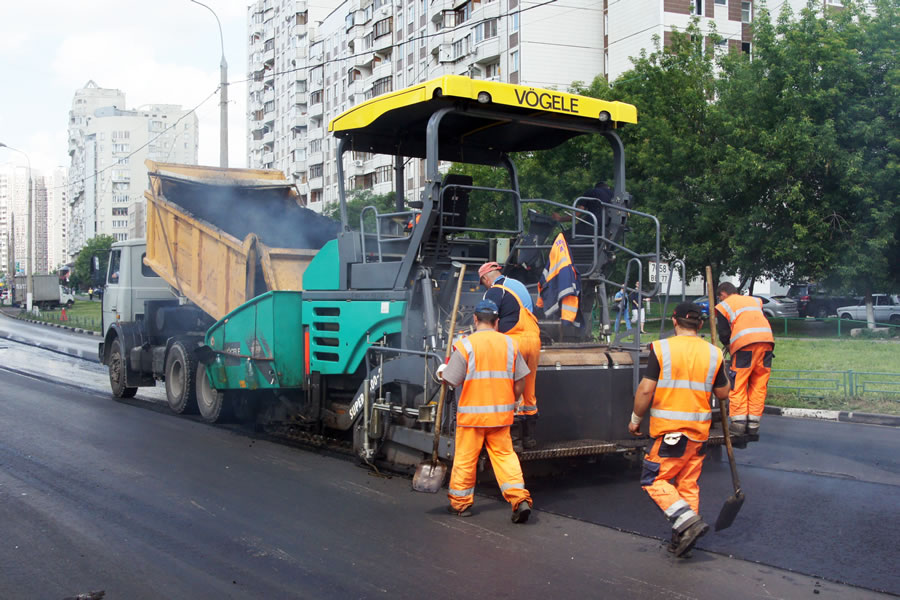
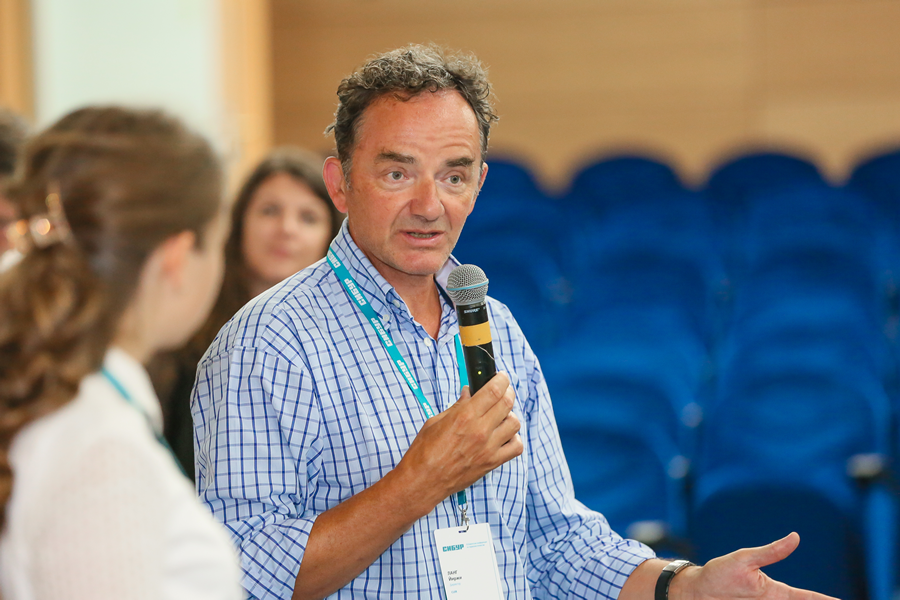
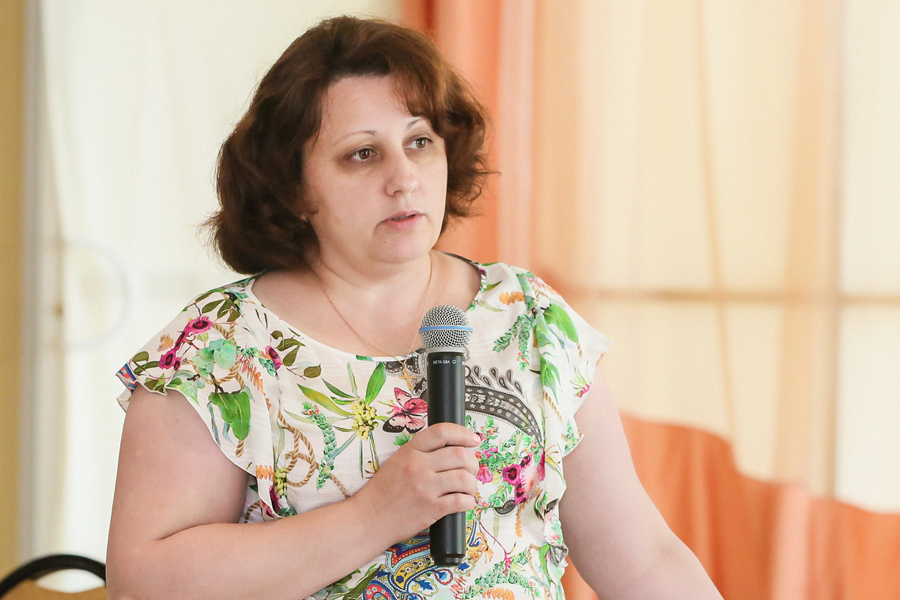


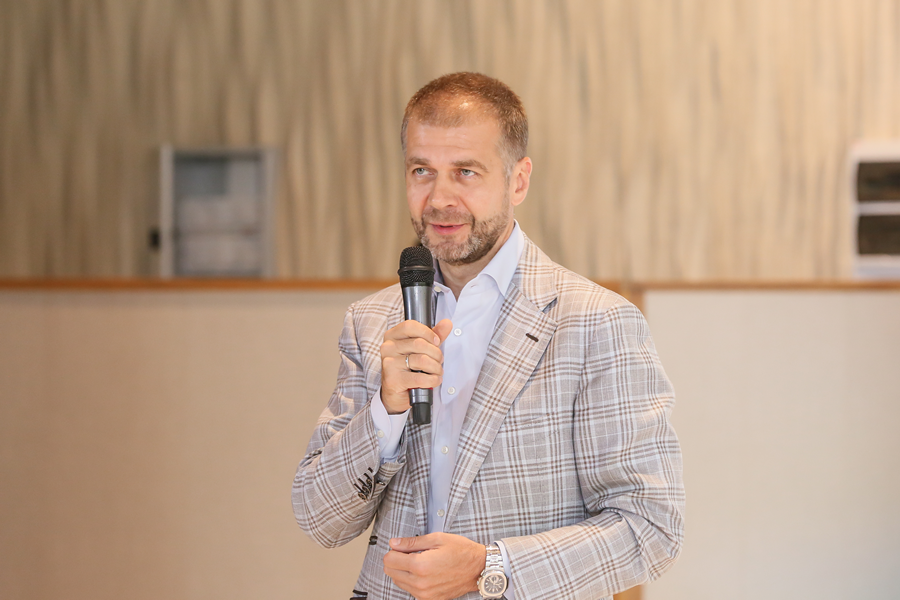
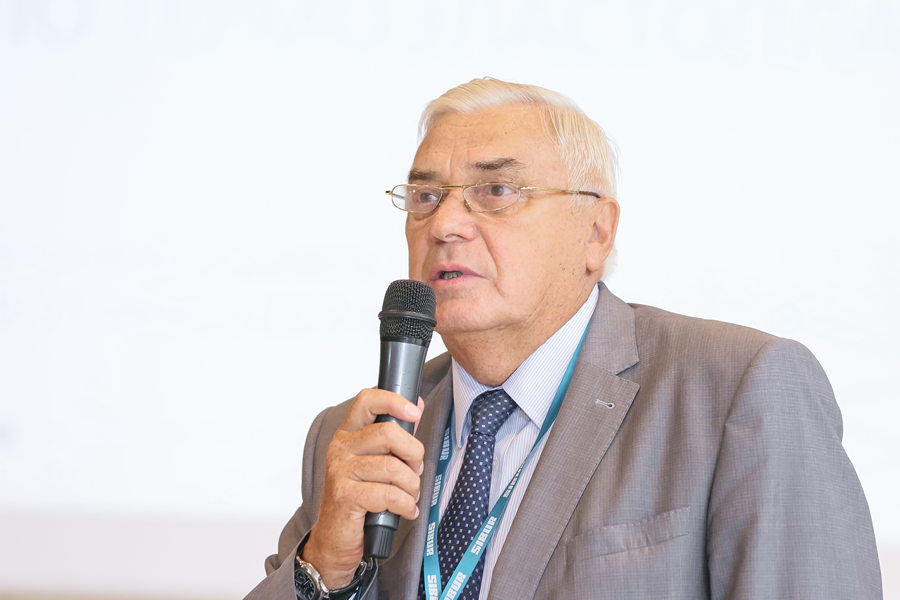

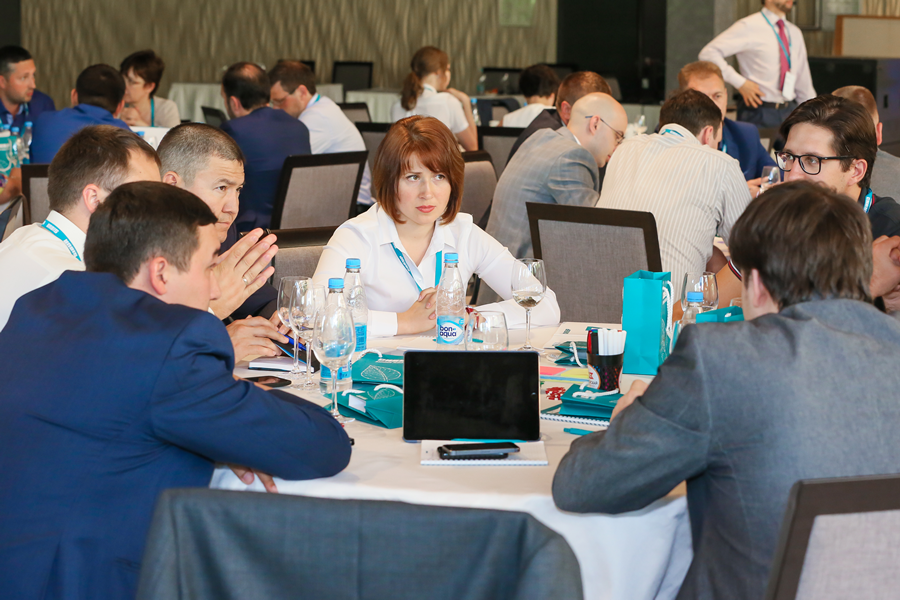

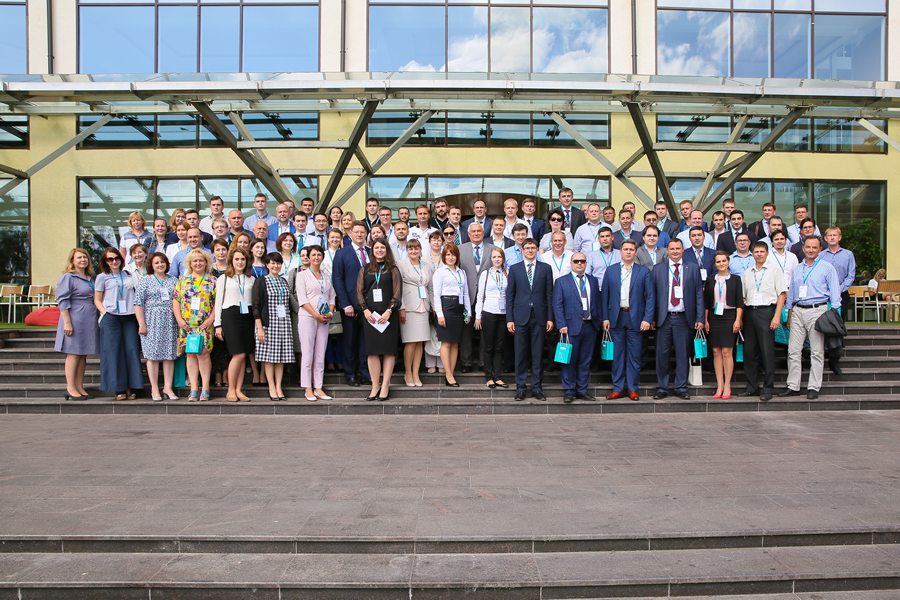
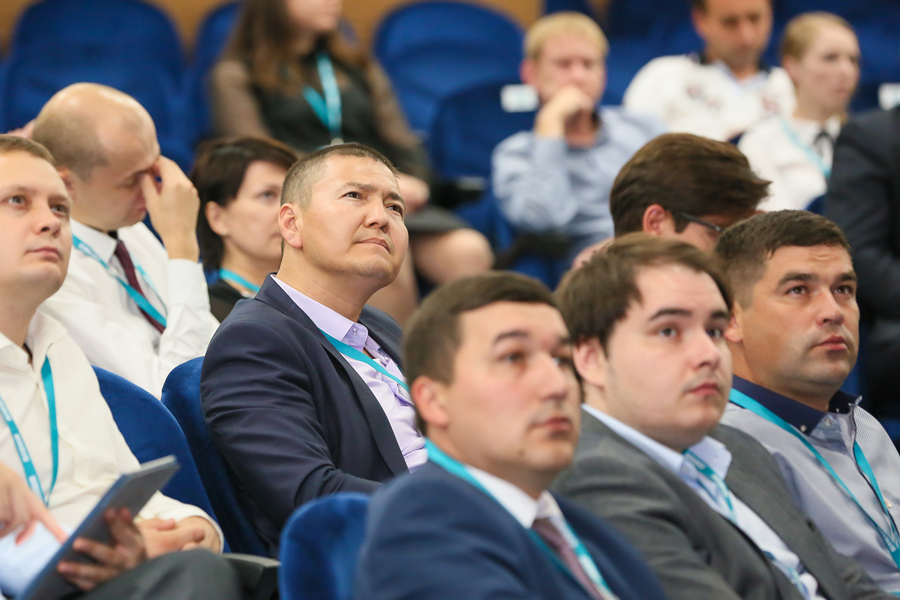
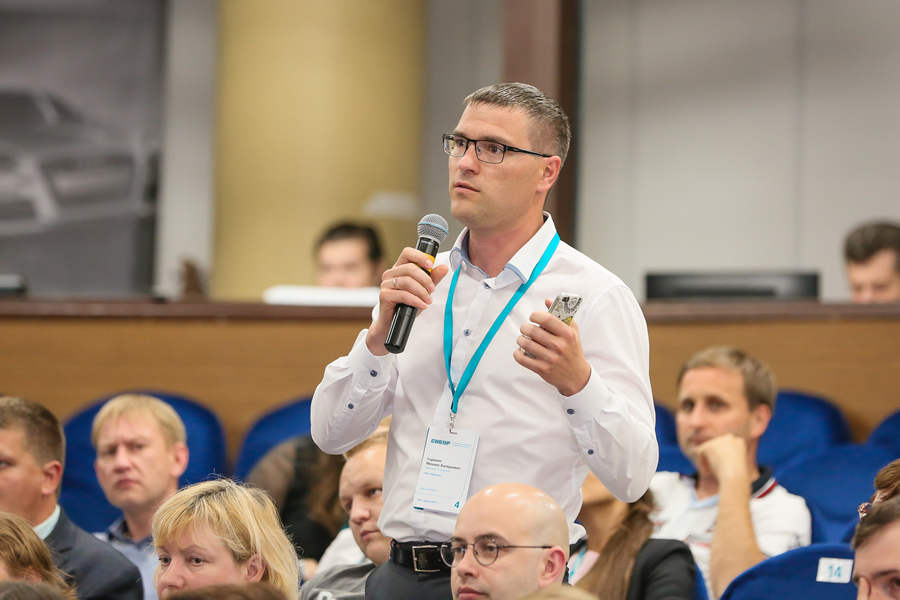
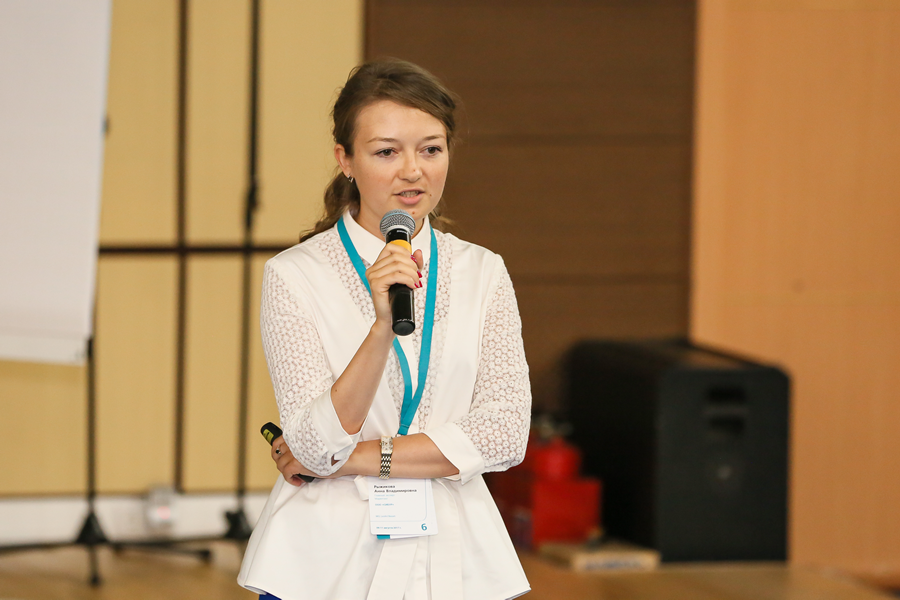

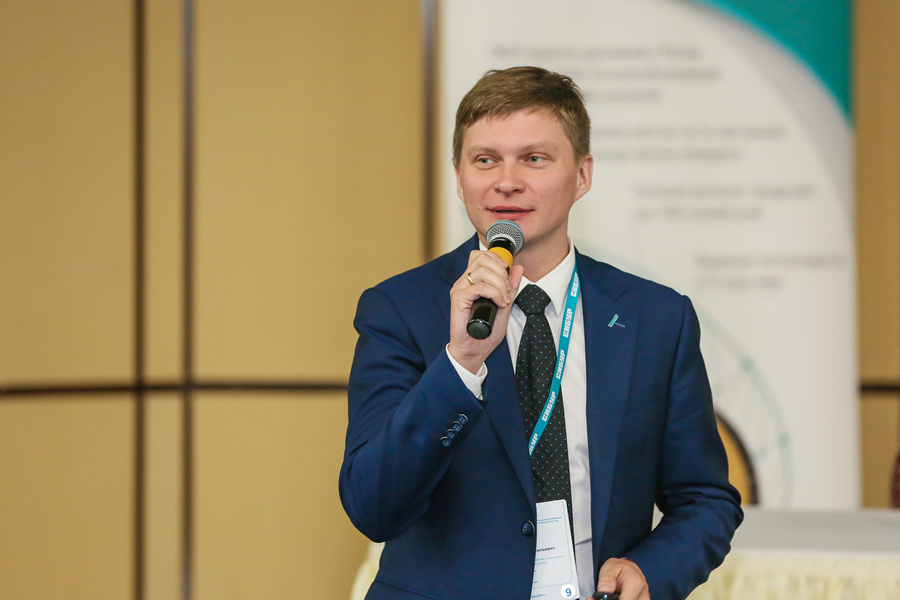
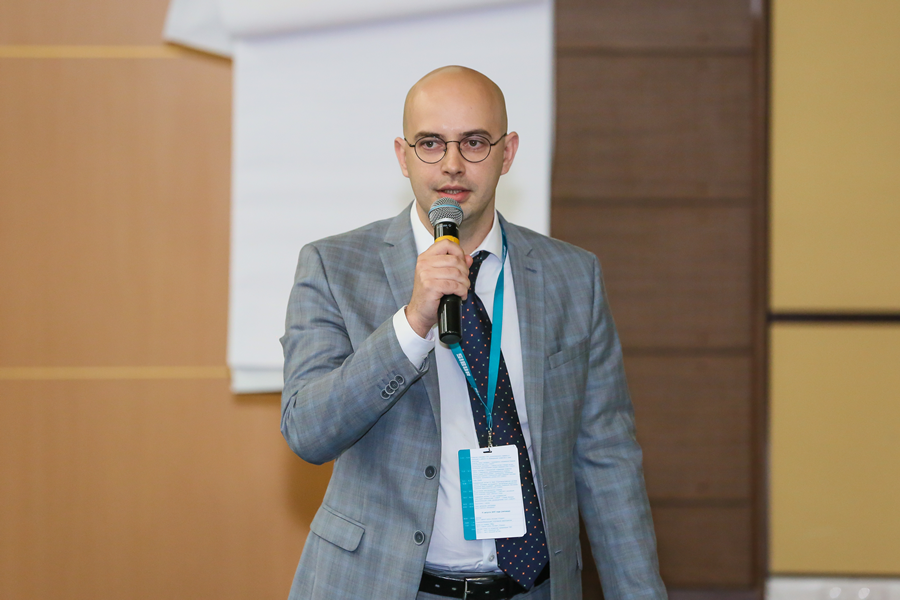
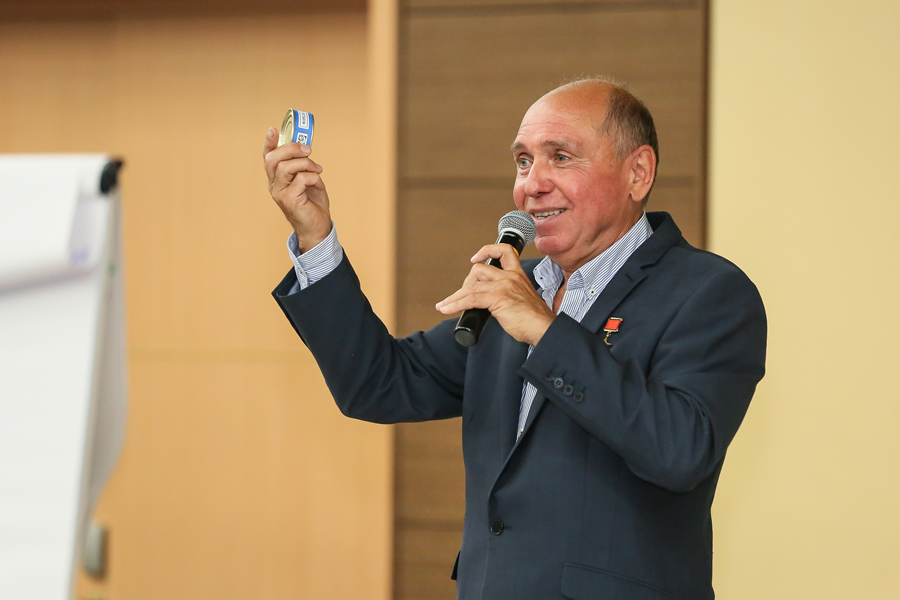






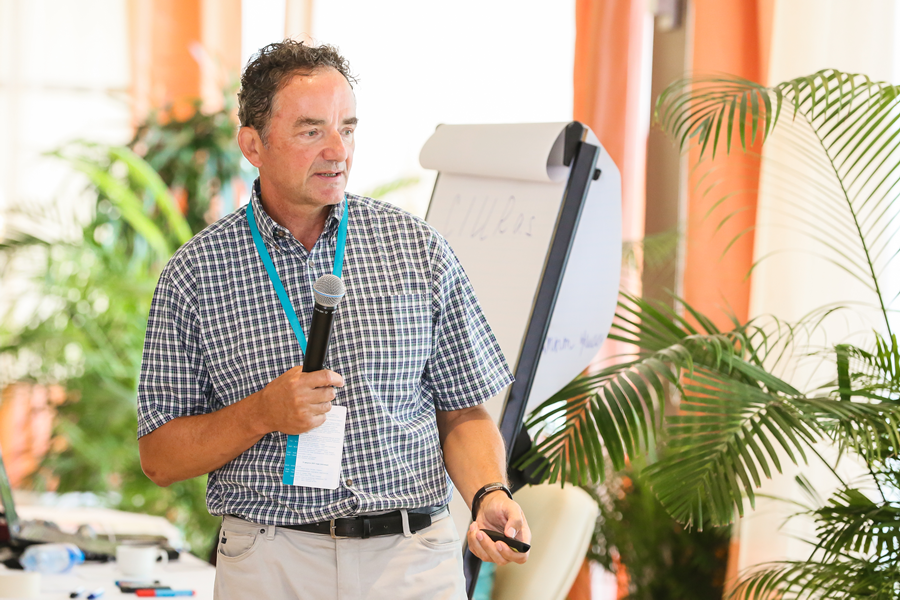

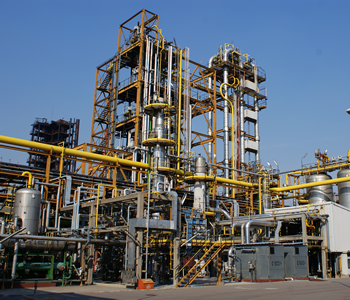


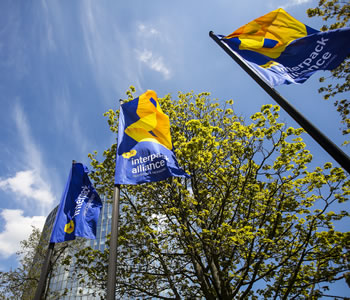
TPE market
Global
2012–2016: average annual growth of 6.9%
2017–2022: expected annual growth of 3.8%
Russian
2012-2016: average annual growth of 5.9%
2017–2022: expected annual growth of 8.2%